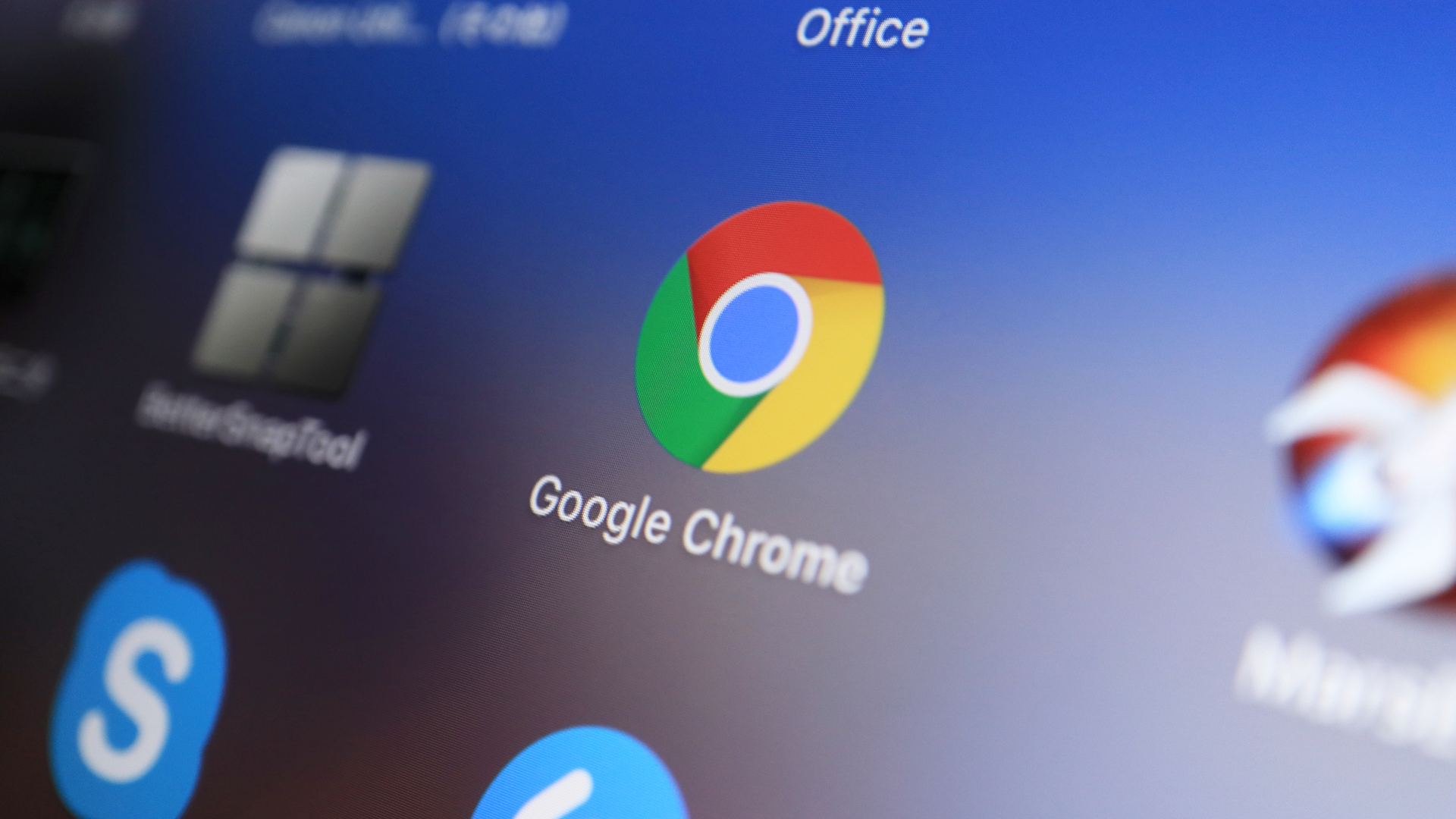Google Chrome users will see a new update available in the form of version 93, bringing more refinements to tab groups while dropping support for Ubuntu 16.04.
While there’s smaller features coming to Chrome in this update, there’s welcome changes that make it even easier to manage tabs, alongside a new context menu on iOS.
However, with browsers such as Opera appearing on Google’s own Chrome OS operating system for Chromebooks, ready for students to use, it’s time for Google to see whether Chrome’s reputation for being a battery hog can finally be vanquished.
What’s new in Google Chrome 93?
A few features are hidden behind flags in this release, but they can be enabled by entering them into the address bar.
When opening a new tab page, a new section will show off previous files you’ve accessed through Google Drive, making it easier to open these without going to your Drive. This can be enabled by entering:
chrome://flags/#ntp-modules
chrome://flags/#ntp-drive-moduleAnother new feature allows you to open single web pages from previously closed tab groups, instead of restoring the whole group. This is one flag that can enable this if you’re a big user of tab groups:
chrome://flags/#tab-restore-sub-menusOther than a new context menu in Chrome for iOS, version 93 is a relatively minor update, but it does raise the topic again of whether it’s time to tackle Chrome’s heavy usage on memory and battery.
Analysis: the elephant-sized battery in the room
If you’re a regular user of Google Chrome, either on desktop or mobile, its reputation for draining battery life and eating up memory is second to none. Having been using the browser on a MacBook Air, there’s moments where you can count down the battery percentage while there’s more than six tabs open.
Google has certainly made strides to please its users in recent years, with Android showcasing new features and a new look to better appease those who thought that the operating system was showing its age.
While Chrome has seen new features and a refresh in its user interface, perhaps it’s time for Google to look at just why the browser depends on memory and battery so much more than its competitors do, rather than showcasing features hidden behind flags.





